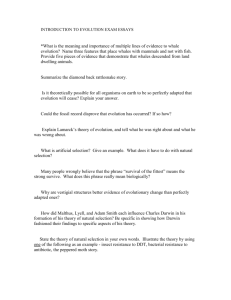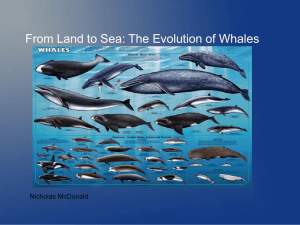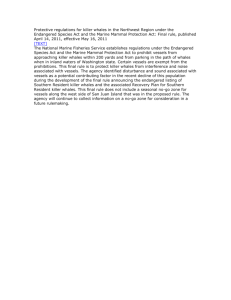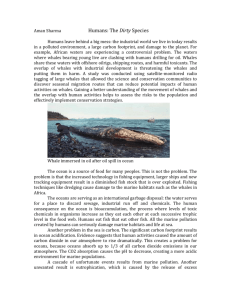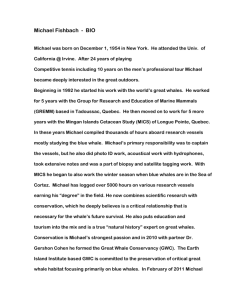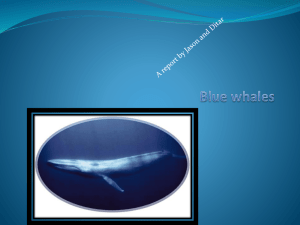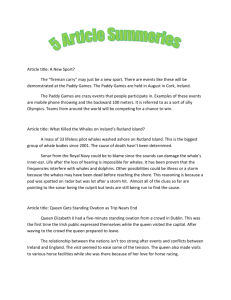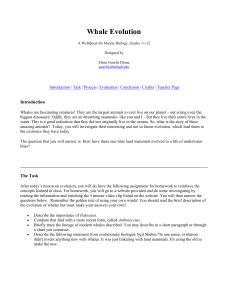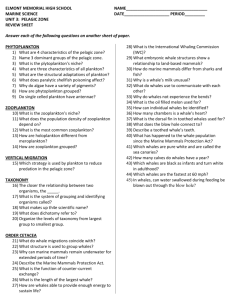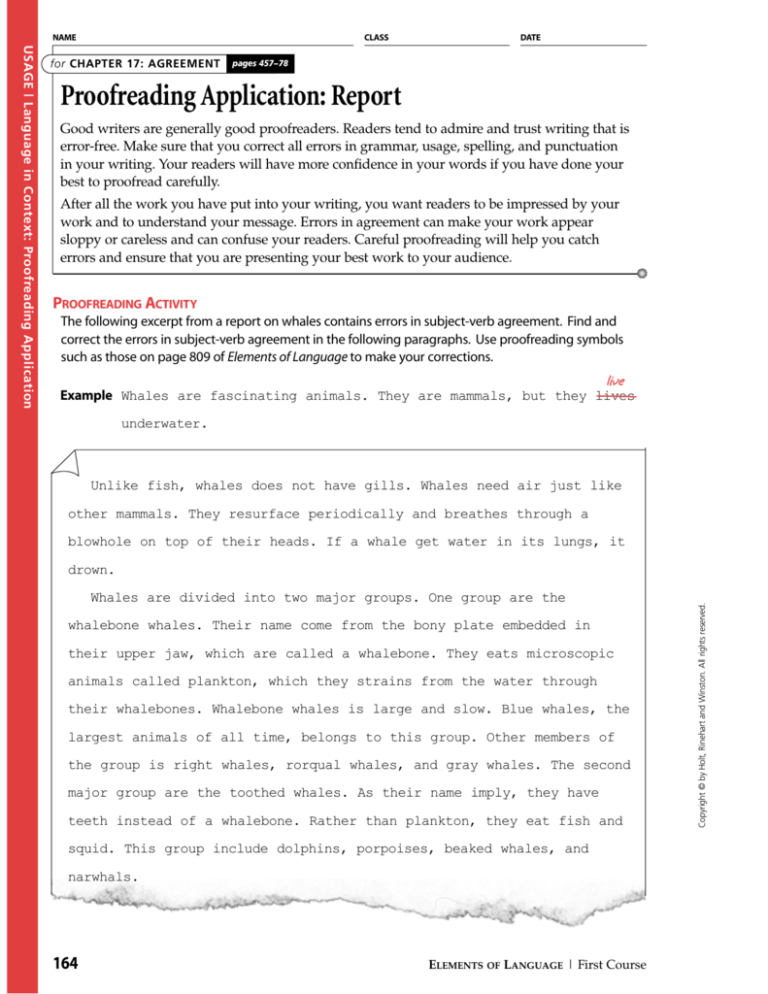
NAME
CLASS
pages 457=78
Proofreading Application: Report
Good writers are generally good proofreaders. Readers tend to admire and trust writing that is
error-free. Make sure that you correct all errors in grammar, usage, spelling, and punctuation
in your writing. Your readers will have more confidence in your words if you have done your
best to proofread carefully.
After all the work you have put into your writing, you want readers to be impressed by your
work and to understand your message. Errors in agreement can make your work appear
sloppy or careless and can confuse your readers. Careful proofreading will help you catch
errors and ensure that you are presenting your best work to your audience.
PROOFREADING ACTIVITY
The following excerpt from a report on whales contains errors in subject-verb agreement. Find and
correct the errors in subject-verb agreement in the following paragraphs. Use proofreading symbols
such as those on page 809 of Elements of Language to make your corrections.
live
Example Whales are fascinating animals. They are mammals, but they lives
underwater.
Unlike fish, whales does not have gills. Whales need air just like
other mammals. They resurface periodically and breathes through a
blowhole on top of their heads. If a whale get water in its lungs, it
drown.
Whales are divided into two major groups. One group are the
whalebone whales. Their name come from the bony plate embedded in
their upper jaw, which are called a whalebone. They eats microscopic
animals called plankton, which they strains from the water through
their whalebones. Whalebone whales is large and slow. Blue whales, the
largest animals of all time, belongs to this group. Other members of
the group is right whales, rorqual whales, and gray whales. The second
major group are the toothed whales. As their name imply, they have
teeth instead of a whalebone. Rather than plankton, they eat fish and
squid. This group include dolphins, porpoises, beaked whales, and
narwhals.
164
ELEMENTS OF LANGUAGE | First Course
Copyright © by Holt, Rinehart and Winston. All rights reserved.
USAGE | Language in Context: Proofreading Application
for CHAPTER 17: AGREEMENT
DATE
Fitzgerald. (Their, Her) manager, Norman
Granz, carefully chose her singing material, and
(he, they) provided excellent jazz instrumental
Literary Model: Dialogue, pp. 165-66
EXERCISE A
Just the sound of the name brought Slade to
my eye. . . .
support for (it, her). In fact, Granz’s Jazz at the
“I don’t think it’s any good to send him a
Philharmonic featured Fitzgerald as (their, its)
bill, Mr. Baumer,” I said. “He can’t even read.”
star attraction. Fitzgerald’s singing style (were,
was) so popular that many singers imitated
Fitzgerald’s style in (his or her, their) own
performances. Fitzgerald also became famous
for (her, their) “scat” singing. Singers of this
style (imitate, imitates) a trumpet or saxophone
with (his or her, their) voices. Mack the Knife:
Ella in Berlin (is, are) one of her famed scat
recordings.
Proofreading Application: Report, p. 164
do
Unlike fish, whales does not have gills.
^
Whales need air just like other mammals. They
breathe
resurface periodically and breathes through a
^
gets
blowhole on top of their heads. If a whale get
drowns
^
water in its lungs, it drown.
^
Whales are divided into two major groups.
is
One group are the whalebone whales. Their
comes ^
name come from the bony plate embedded in
^
is
their upper jaw, which are called a whalebone.
eat
They eats microscopic animals called plankton,
^
strain
which they strains from the water through their
^
are
whalebones. Whalebone whales is large and
^
slow. Blue whales, the largest animals of all
belong
time, belongs to this group. Other members of
^
are
the group is right whales, rorqual whales, and
^
is
gray whales. The second major group are the
implies ^
toothed whales. As their name imply, they have
^
teeth instead of a whalebone. Rather than
plankton, they eat fish and squid. This group
includes
include dolphins, porpoises, beaked whales,
^
and narwhals.
72
“He could pay yet.”
“He don’t pay anybody,” I said.
“I think he hate me,” Mr. Baumer went on.
“That is the thing. He hate me for coming not
from this country. I come here, sixteen years
old, and learn to read and write, and I make a
business, and so I think he hate me.”
“He hates everybody.”
Mr. Baumer shook his head. “But not to
pinch the nose. Not to call Dutchie.”
The side door squeaked open, but it was only
Colly Coleman coming in from a trip, so I said,
“Excuse me, Mr. Baumer, but you shouldn’t
have trusted him in the first place.”
“I know,” he answered, looking at me with
his misty eyes. “A man make mistakes. I think
some do not trust him, so he will pay me
because I do. . . .”
He took his pencil from behind the ear where
he had put it and studied the point of it. “That
Slade. He steal. . . . He sneak things from his
load. A thief, he is. And too big for me.”
From “Bargain” from The Big It and Other Stories by A. B. Guthrie. Copyright
© 1960 by A. B. Guthrie. All rights reserved. Reprinted by permission of
Houghton Mifflin Company.
EXERCISE B
Answers will vary. Sample responses are given.
1. All but one of the many incorrect verbs that
appear in this passage are spoken by Mr.
Baumer. The other character makes only
one error in subject-verb agreement; the rest
of his speech is informal but standard
English.
ELEMENTS OF LANGUAGE | First Course
Copyright © by Holt, Rinehart and Winston. All rights reserved.
The 1950s (were, was) good years for

